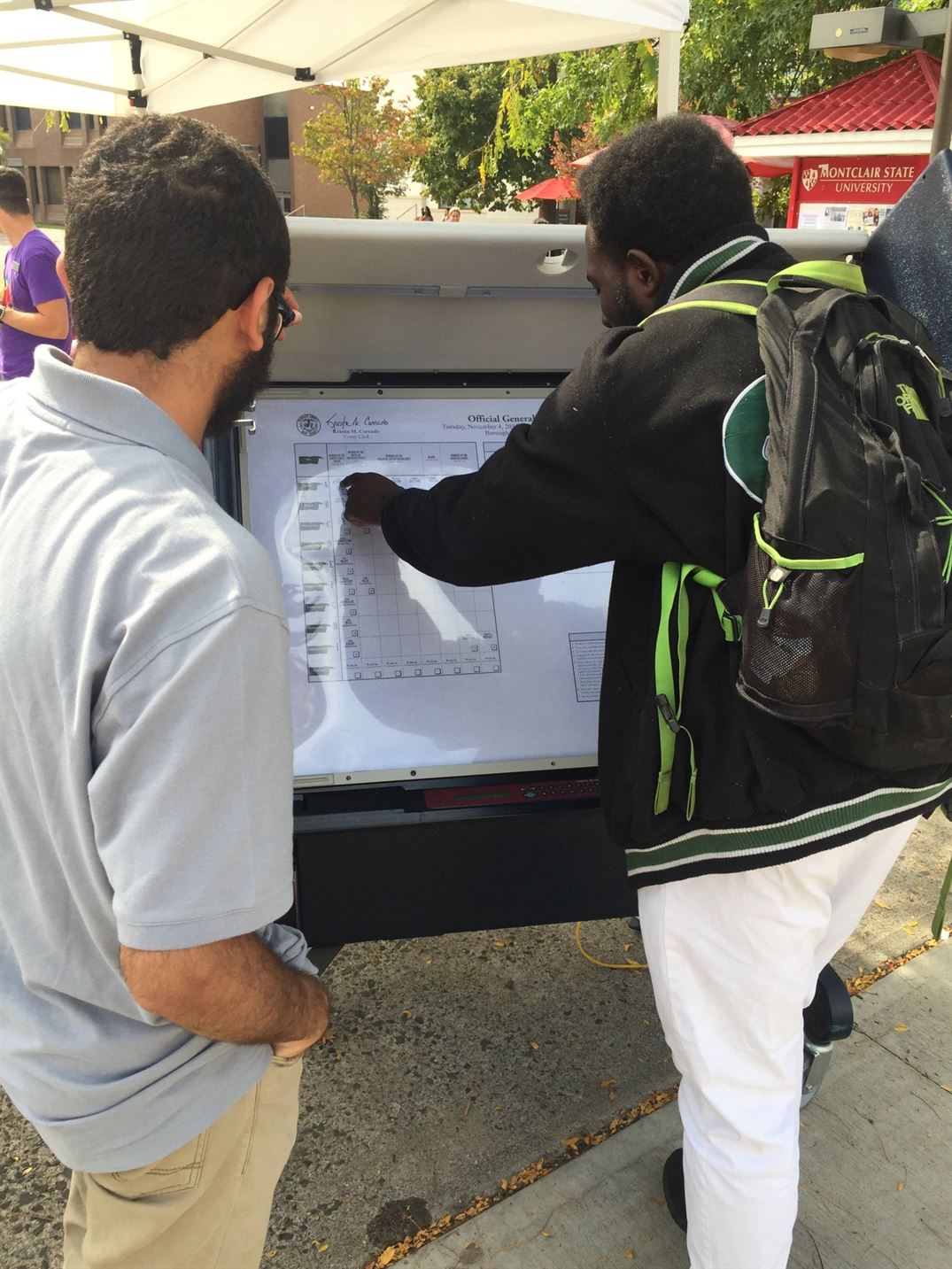The semester’s halfway point has arrived. Homework, exams and projects all seem to pile together, and the end feels closer but still far away. However, another event is in our midst – voting for the next New Jersey governor.
Eight years have passed since Governor Chris Christie took office. Now, the ballot will decide whether Democrat Phil Murphy or Republican Lt. Gov. Kim Guadagno will take his place. These two candidates promise to bring very opposite yet extreme changes for our state.
This election could change New Jersey’s political direction, but votes from students may not be a factor of that change. According to an article from nbcnews.com reported during the 2016 presidential election, millennial college students “have the lowest turnout rates of all the generations.” Yet, they represent a large portion of the U.S. population.
This startling report raises several questions. Do students feel apathetic or not motivated to vote? Do they feel disengaged? Are they familiar with the deadlines? The article states it could be that college students “don’t like the candidates or don’t know enough about the issues.” It is a bold claim, but there may be some truth in it.
We asked some students at Montclair State University if students were prepared to vote or informed enough to make a decision for this year’s governor’s election and the responses were mixed.
“Overall, the student population does not know what’s happening in the news,” said junior Jessica Zhang. “Classes do not really talk about [the elections], so students go with the opinion of their friends.”
Zeeshan Ahmad, a management major, also believed that students are in the dark about this election.
“We are not prepared and don’t know what’s going on,” Ahmad said. “We just live off our phones.”
On the other hand, there were students who felt more optimistic.
“[While] the majority of students do not feel prepared, I know people have enough knowledge,” said junior Jed Gumalo. “There is information out there, but they just don’t [have] the initiative [to find out].”
Psychology major Amanda Dolph believed that students are ready to vote, but they should educate themselves on politics.
“Students are relatively prepared to vote, especially right now with our president,” Dolph said. “If we educate ourselves in politics we are definitely more prepared. I think it would be naive to think all college students will always be greatly informed, but I think it is fair to say college students are informed enough.”
Candidates not reflecting student values or other priorities taking precedence may be why some students feel they are not informed or prepared to vote. Even though the information is out there and easily accessible, they might need another helping hand. One solution is for professors and students who are prepared voters to have conversations with the people around them.
Discussion is the easiest and most loved form of information exchange. Just constantly speaking about the election would make it matter. If just one student would take a minute from their day to peek at electoral information, that would count as a success.



